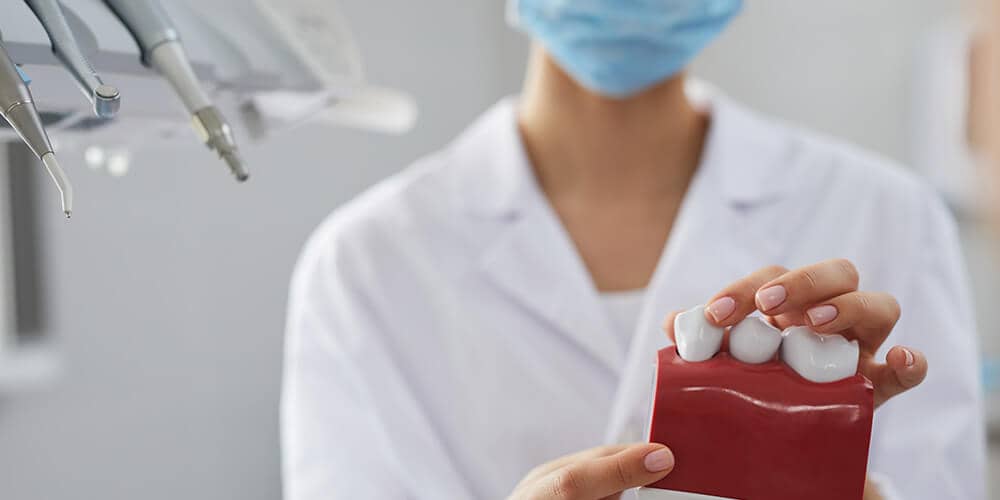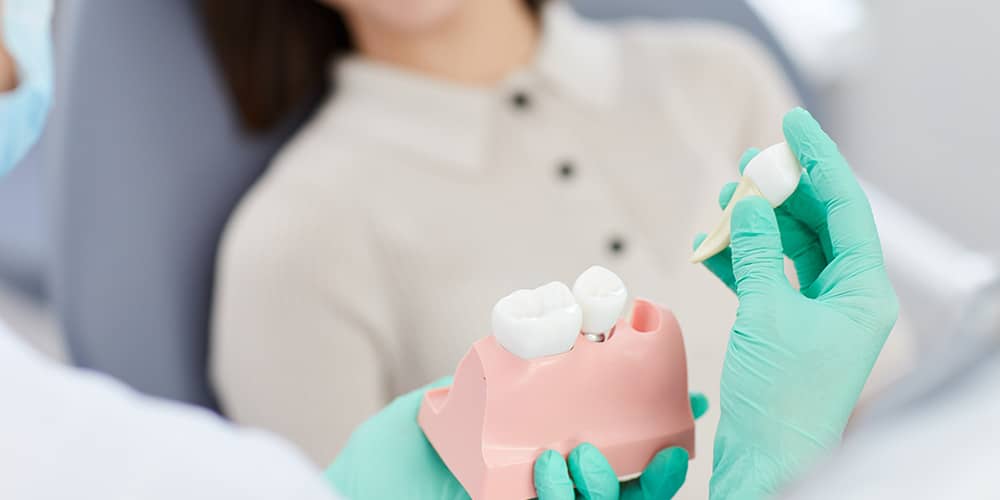According to the US National Library of Medicine, ten million emergency wisdom tooth extraction NYC treatments are performed annually in the US. Additionally, they predict that 30–60% of asymptomatic impacted wisdom teeth may eventually require emergency extraction.
Facts About Emergency Wisdom Tooth Extraction NYC
When does a dental emergency involving your wisdom tooth occur? Here you learn more about the importance of wisdom tooth extraction and its facts.
What Is Wisdom Teeth?
The third set of molars is called wisdom teeth. Most people become aware of their wisdom teeth by the time they are in their 20s.
Some people may not have all four, and some people may not even have any wisdom teeth.
According to scientists, softer foods and new eating patterns have reduced the requirement for the last pair of molars over time. As a result, our jaws become smaller and we require fewer molars. Because of this, wisdom teeth that have been impacted can be very painful.
It’s time to call your emergency dentist for a visit for wisdom tooth extraction, if you’re unsure or if you have wisdom teeth, especially if you have pain in your back molars. Not all wisdom teeth require removal. However, consult the dentist if you have any pain.
Symptoms of Impacted Wisdom Teeth
These wisdom teeth or third molars may exhibit a variety of symptoms and problems that may necessitate surgical intervention because of the absence of eruption or partial eruption. These consist of
- Infection
- Surrounding soft tissue and bone
- Tooth pain and headache
- Tooth decay or cavities
- Into the second molars, erosion
- Movement of neighboring teeth
- Gums bleeding
- Wisdom tooth’s surrounding cyst
- Invades the bone
- Encompassing teeth next to it
Dental Emergency -Wisdom Tooth Extraction
There are many levels of critical care for problems involving wisdom teeth.
When a tooth partially erupts above the gum line, it can result in pericoronitis, a bacterial infection.
Sometimes a tooth will only partially erupt through the gums or remain buried beneath a thin layer of tissue. In these situations, food particles may get stuck in the tooth and lead to an infection known as an operculum, sometimes known as pericoronitis.
Usually, an infection has set in by the time a patient requires an emergency extraction of wisdom teeth. Gum swelling, pus or drainage in the area, swelling along the gum’s side, and occasionally earaches are symptoms of this sort of illness.
When there are indicators of infection, such as fevers and breathing difficulties, the wisdom teeth extraction may need to be postponed until later in the day. To prevent the infection from entering the bloodstream during extraction, antibiotics are frequently recommended.
Complication Of Wisdom Teeth When Not Addressed Immediately
When a wisdom tooth infection leads to additional dental issues, it becomes vital to treat the infection.
The wisdom teeth could result in deep periodontal pockets, receding gums, and gum disease if it erupts at an angle that is next to another molar. To prevent losing teeth that are crucial to your dental hygiene, the tooth will need to be extracted.
Before too much decay or damage is done, your wisdom tooth will need to be removed if it emerges and crowds nearby teeth.
In other circumstances, the wisdom tooth may erupt normally, although they are difficult to clean. Typically, extraction of the wisdom tooth is advised rather than fillings, crowns, or root canals. If your wisdom teeth emerge normally, keep getting them checked up to avoid any sudden dental extraction emergencies.
Wisdom Teeth Extraction Treatment In Urgent
The extraction of wisdom teeth is a minor dental surgery.
Due to the complexity of the procedure or your level of discomfort, local anesthesia is given. Conscious anesthesia eliminates discomfort and largely erases memories of the surgery for some people.
Choose the approach that will be most effective for you in consultation with your dentist.
The wisdom teeth may have some surrounding tissue and bone removed during surgery to ensure that it emerges from the socket without any complications.
The region is then stitched up, and the stitches fall out after three to five days.
Recovery From Wisdom Tooth Removal
Jaw discomfort or stiffness could develop after your anesthetic wears off. Within the first 24 hours, a little bleeding is not rare. Antibiotics and painkillers may be recommended to patients. Applying an ice pack and taking Tylenol will help you feel better after you get home.
Eat soft foods and stay away from spicy dishes throughout the next few days. Additionally, you should avoid using tobacco and alcohol.
Smoking will increase the likelihood of a dry socket and slow the healing process where the operation was performed. When the blood clot at the healing site dries out and becomes loose, exposing the bone, a dry socket develops.
To prevent additional difficulties, it’s crucial to adhere to all postoperative guidelines. It can take three to four weeks to fully heal. It’s crucial to rest and allow your body to repair during that period.
Conclusion
Don’t put off getting your wisdom teeth removed if you suspect you might need to. Schedule a visit with your dentist to get your teeth looked at and discuss a solution. Instead of waiting for a serious dental emergency, it is preferable to remove your wisdom teeth right away.



